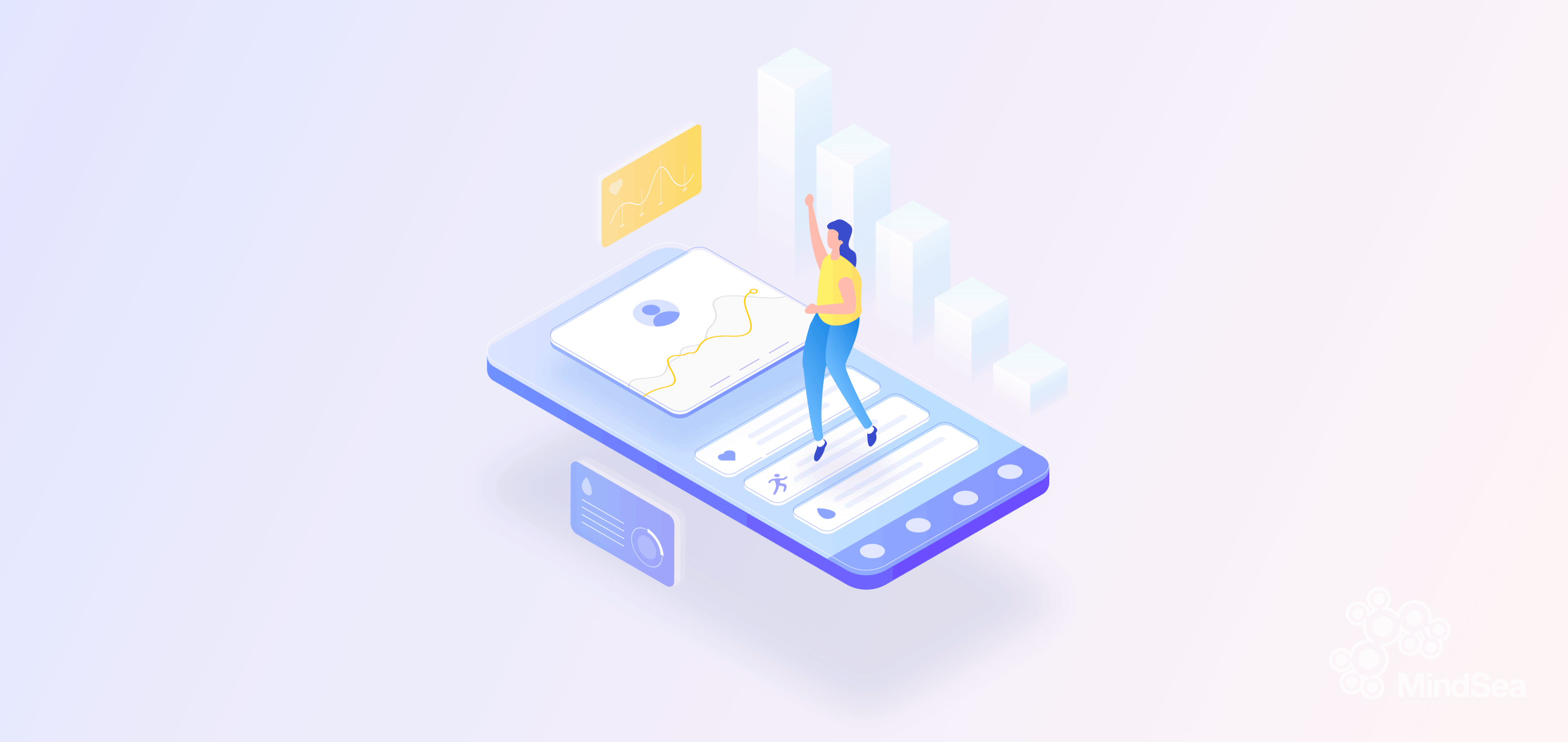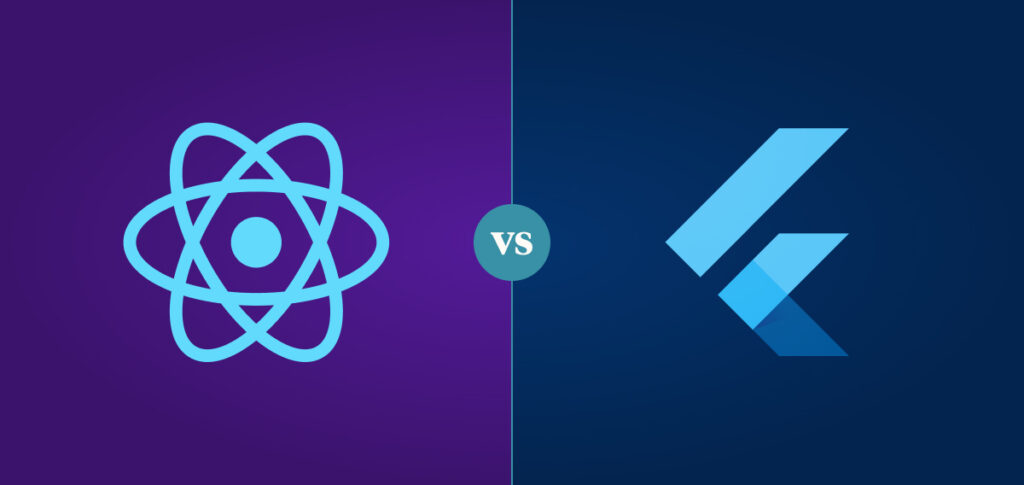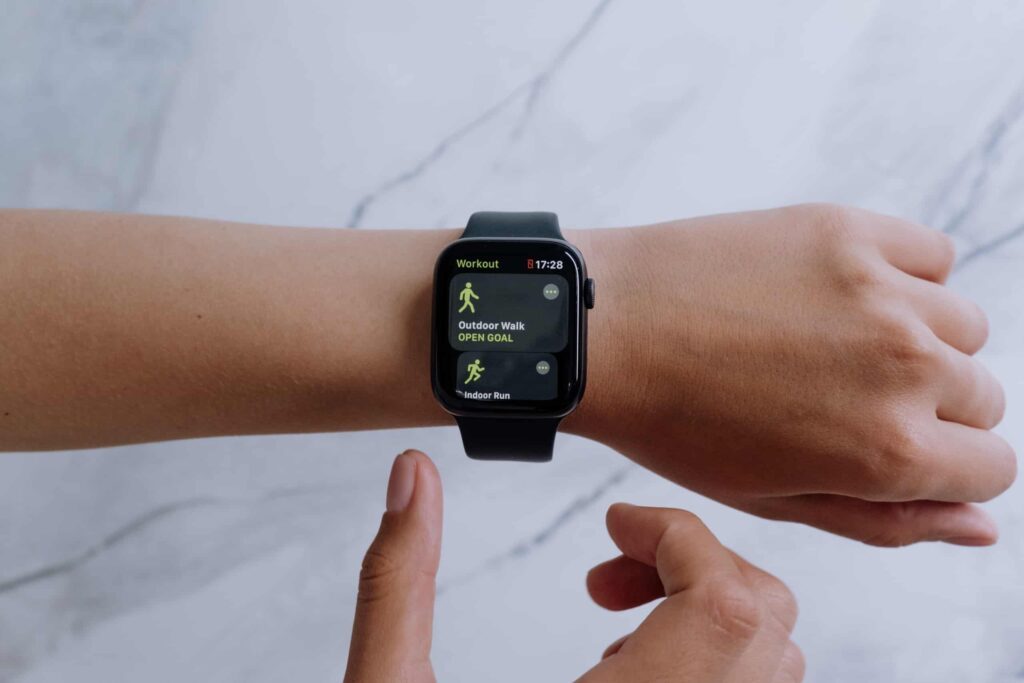Chronic illnesses cost billions each year
The rise of chronic illnesses is costing the Canadian economy billions of dollars each year. The Public Health Agency reports 44% of adults are living with at least one chronic illness and another 80% are at risk for developing one.
The costs on the economy and for patients are astronomical. And the problem isn’t limited to one country:
- In Canada, chronic diseases are responsible for 89% of all deaths and over $80 billion in healthcare costs per year.
- In the United States, 90% of the $4.1 trillion spent on healthcare is spent on chronic illnesses.
- Across the European Union, reducing chronic illness costs could save 605 billion Euros over the next 30 years.
- And around the globe, chronic diseases will cost $47 trillion by the end of this decade.
Simply put, preventable chronic illnesses are costing us, in resources and lives.
So what’s the good news?
Health apps can reduce overall health costs — both for patients and providers.
There are over 350,000 health apps now available, with about 250 new apps released every day. In fact, health management apps accounted for 47% of all apps in 2021—a booming increase from 28% in 2015.
These are significant numbers. And they can have real impacts on healthcare costs, worldwide.
- A UK study found:
- Telehealth apps could deliver a 73% reduction in resource strain on general practitioners
- Digital health apps adoption by employers yielded improved productivity to the tune of a £240 million ($317 million) savings
- In the United States, the Harvard Business Review reported that increased use of virtual health for primary care is projected to save $10 billion.
- And in the European Union, a 2020 report predicted wearable AI apps could offer healthcare costs savings in the amount of €170.9 to 212.4 billion per year.
In the long run, as more people are seeking preventative care to stay healthy, there’s every indication that functional, well-designed health apps could reduce overall health costs for both patients and providers.
How different types of health apps can help
Health apps can typically be broken out into three categories:
- Telemedicine apps, which provide accessible and affordable virtual care by connecting patients with certified medical professionals like doctors and nurse practitioners.
- General health/wellness apps, such as calorie counters or sleep trackers, stress-management apps that help individuals lower cortisol, and habit tracker apps like Smoke Free, which lets ex-smokers watch how their biometrics like pulse rate and circulation improve over time after quitting.
- Health management apps, that can
- Help individuals monitor their own health conditions, such as heart disease, diabetes, pregnancy, mental health, etc.
- Allow healthcare providers to share and report on a patient’s personal health records remotely, and
- Help keep track of medications.
All of these apps have the potential to help us live healthier lives. How do they achieve this?
- By improving healthcare delivery
- Easing data collection and data quality
- Increasing patient access and affordability
Let’s take a closer look at exactly how mobile health apps are achieving these objectives.
Improved Healthcare Delivery
Personalized healthcare is now at our fingertips.
Health apps are making it easier than ever to collect, manage and monitor health information – from basic food tracker apps that count calories and monitor nutritional intake, to more complex apps that allow diabetics to track sugar levels, glucose, carbs, and more.
Health management apps go a step further: patients with heart disease can not only track their own data, but can send updated health information to their healthcare providers. Similarly, a general health and wellness app might allow a diabetic to monitor their blood sugar levels—a health management app would enable sending those results to their doctor.
Easier collection of more accurate data
Health apps make it easier for us to monitor our overall wellness as well as for doctors to treat their patients more effectively.
Alivecor monitors cardiac patients in everyday life, with app/device pairing that delivers accurate, medical-grade EKG in seconds.
Here’s a look at the app:
For physicians and researchers, Alivecor provides monitoring, real-time analysis, and comprehensive reporting for cardiac patients. It can also be used in a doctor’s office setting to obtain an ECG in under 60 seconds.
For patients, more convenience and lower cost burden
Forget the waiting room.
Patients now have the option of 24/7 access to healthcare providers through telemedicine apps like virtuwell, which offers same-day appointments with board-certified nurse practitioners.
The convenience of an “on-demand” appointment with a healthcare professional allows patients to access care faster and with reduced burden.
Right from their phone, a patient can get a diagnosis and treatment plan, and have prescriptions sent to their preferred pharmacy – all from the comfort of home.
In addition to a lower pay-per-visit expense, many such telemedicine apps offer affordable subscription plans or memberships. These can be covered by the individual or even by a company health plan.
What can your app bring to healthcare?
The advancement of mobile apps can impact the billions spent annually on preventable chronic illnesses in a myriad of ways—from reducing emergency room visits to putting money back into patients’ pockets.
Telemedicine apps provide patients with greater convenience than ever before. With the ability to monitor our nutrition, glucose levels, and a variety of other health conditions no matter where we are or what the time of day, we can take an offensive position with our personal healthcare needs.
In this new reality, mobile apps are helping healthcare providers (doctors, pharmacists, nutritionists, psychologists, etc.) improve their workflows to provide faster and better service—meaning health apps can offer major benefits for patients and healthcare professionals alike.
Take the next step
At MindSea, we help health startups and legacy health organizations plan, design, and develop mobile apps that improve lives.
Whether you’re in the healthcare industry or looking to launch an app with the potential to impact millions, we’d love to speak with you.
Get in touch today to see how we’re bringing healthcare apps to life.



